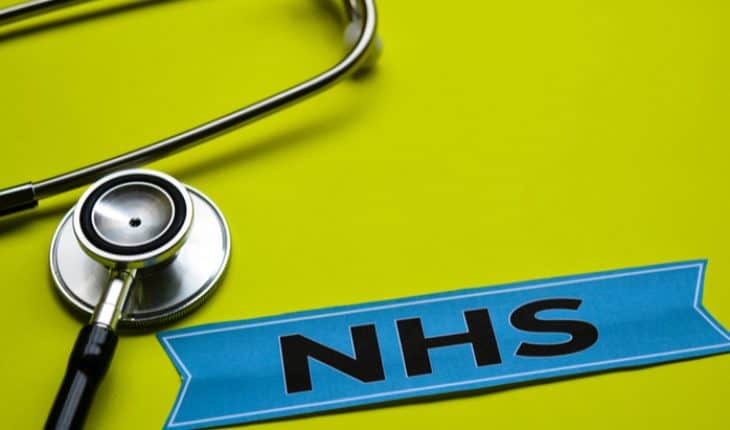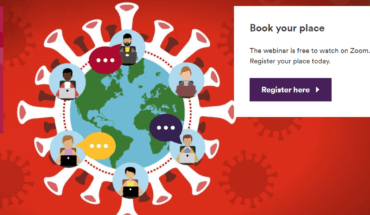As NHS workers, we’ve all felt uneasy or isolated at times travelling home late, or in the wee hours. On November 8th the Suzi Lamplugh Trust, founded in 1986, by Diane and Paul Lamplugh, parents of murdered estate agent Suzie Lamplugh, held National Personal Safety Day encouraging people, particularly lone workers, (as their daughter Suzie had been) such as doctors, nurses and health visitors to become more aware of their personal safety. Shockingly, there are nearly 200 assaults on doctors, nurses and other NHS staff in England, every day of the year and this number soars during the holidays.
Shockingly, there are nearly 200 assaults on doctors, nurses and other NHS staff in England, every day of the year and this number soars during the holidays.
We don’t just face the risk of attack from violent, angry or mentally unstable patients and even visitors at work, but face risks on our way home. Here are some helpful tips from the Suzie Lamplugh Trust on how to stay safe during the festive season.
Bus Safety
Avoid trouble on the way to & from work in the NHS at unsocial hours. Night workers most typically work in the health sector (191,000 people). Don’t fumble around in your cluttered bag (as I often do) to desperately find your oyster ticket, thus giving all around you a glimpse of your purse and belongings. When you are waiting for a bus having your oyster pass, or ticket, or change ready in your hand so that your purse stays out of sight.
Taxi safety
Book your taxi in advance, from a licenced cab company and arrange for them to pick you up right outside the hospital, workplace, or party. Always sit in the back of a taxi and if you engage in conversation, try not to divulge personal details. Don’t accept a lift from a minicab looking for trade on the street. Apart from being illegal these can be very dangerous. Trust your instinct. If you feel uncomfortable with the driver ask him to stop at a busy familiar place and get out.
Try to Stay in the Light
Hospitals remain open all year round, with healthcare professionals struggling in on reduced train services, or walking home after dark. There are often long intervals between buses and trains in the run up to Christmas. Try to wait for your bus, or tube in a well lit place, surrounded by other people and, if possible ask a friend to meet you at your destination. Make a mental note where the emergency alarms are situated and try to sit close to them. If you finish your hospital shift late at night try to avoid empty train carriages where you are shut in, with no means of escape, should this become necessary. At night, the lower deck of the bus near the driver is the safest place.
What to do if you feel threatened
If you think there is a real threat press the alarm and make as much noise as you can to catch the attention of other passengers and also the driver, or guard (if there still are any around).
Stalking helpline
Around one in five doctors and one in ten health workers has a stalker and the charity also run the National Stalking Helpline, established in 2010 to offer advice and support to anyone worried about stalking. Surprisingly, one in five women and nearly one in ten men will be affected by stalking in their lifetime.
Last week police renewed their search for Suzy Lamplugh, dismantling a car garage at the rear of the garden of the main suspect’s mother, but Suzy remains missing, presumed murdered, 32 years after she disappeared and the search continues. Thanks to the work of her parents, Diane and Paul and their charity, The Suzi Lamplugh Trust, the regulations for safety at working was tightened up in the last three decades since she vanished, making all our lives a little safer.
- Fenella Fielding – Onstage, Offstage - 3rd November 2025
- ‘Trains of Thought: A Natural History of the Mind’ Review - 12th September 2025
- People’s Choice Victory for Down’s Syndrome Scotland Garden at Chelsea 2025 - 28th May 2025







